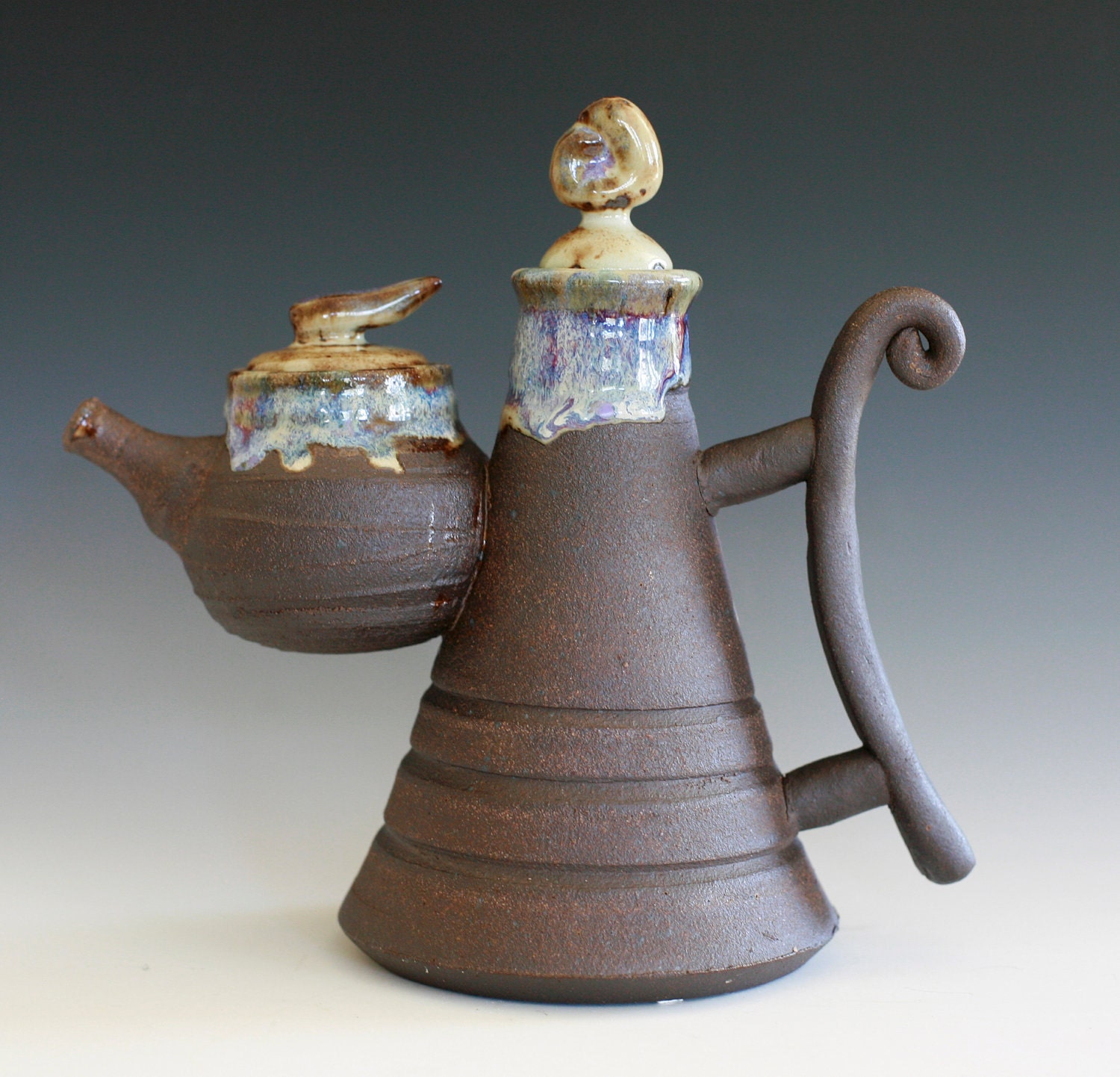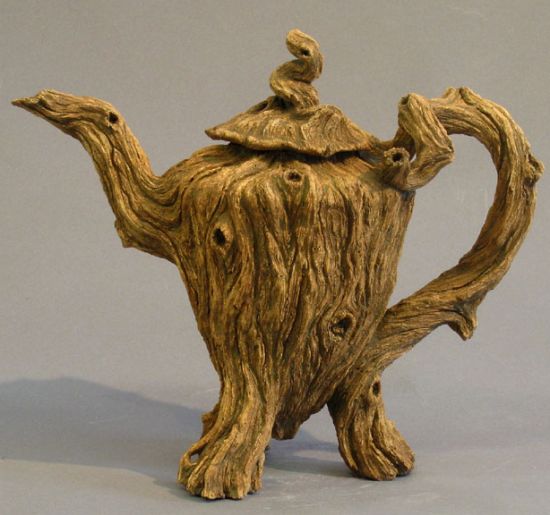Monday, December 9, 2013
3D - Blog 7
Again, I will assign a doll or action figure small sculpture. Use any material that you want to create a 3D object that is a doll or action figure. This should not be flat object and should be able to stand or sit on its own. Look at it from all sides and make sure that it activates the space around it in an interesting way.
2D AP, Megan and Tesch - Blog 7
Reproduce a portrait by Henri Matisse in your sketchbook. Remember to fill the page and include details. It should take you about 2 hours.
Art Two - Blog 7 - van Gogh landscape paintings
Some of us will begin a landscape painting as a group. Look at these landscape paintings by Vincent van Gogh. How are they different than the paintings you are working on now or just finished?

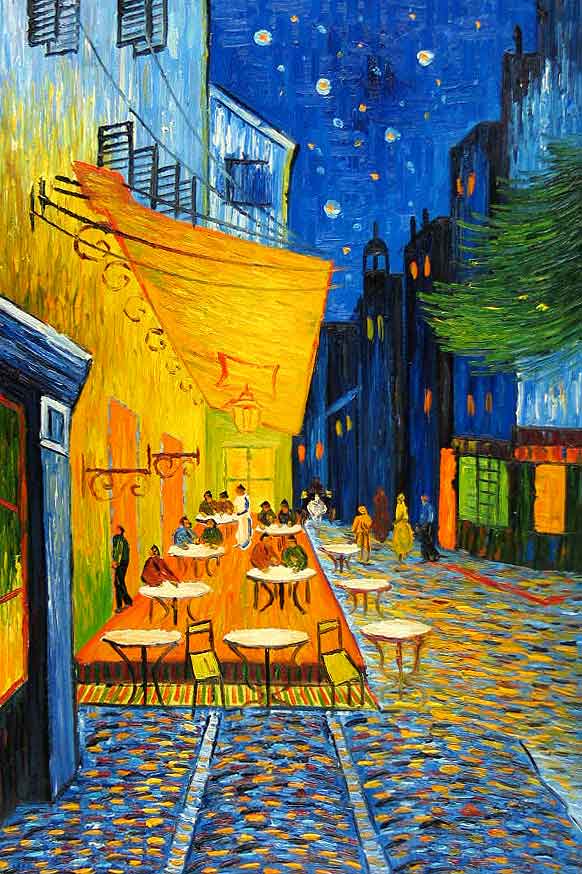
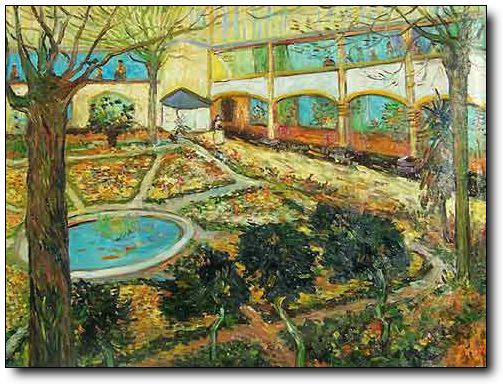



Art One - Blog 7 - more Fauve paintings
Henri Matisse (last week's blog) was the most important and influential Fauve painter. Although he studied to be a lawyer (and was one for a time), he loved art. He became ill, and during that time, he began to paint. He never returned to law. Here are a few more of his paintings. Later in his life, he developed arthritis so he cut paper because he could not hold a brush. His collage work is very well known.
Notice how he uses color. Which is your favorite and why?



Notice how he uses color. Which is your favorite and why?



Wednesday, December 4, 2013
Katherine and Tesch - 6
Katherine - see the Ceramics blog this week and comment on the teapots.
Tesch - old Dutch masters still life drawing in your sketchbook
Tesch - old Dutch masters still life drawing in your sketchbook
Art 2 - Blog 6 - oil portrait
John Singer Sargent (January 12, 1856 – April 14, 1925) was an American artist, considered the "leading portrait painter of his generation" for his evocations of Edwardian era luxury. During his career, he created roughly 900 oil paintings and more than 2,000 watercolors, as well as countless sketches and charcoal drawings. His oeuvre documents worldwide travel, from Venice to the Tyrol, Corfu, the Middle East, Montana, Maine, and Florida.
His parents were American, but he was trained in Paris prior to moving to London. Sargent enjoyed international acclaim as a portrait painter, although not without controversy and some critical reservation; an early submission to the Paris Salon, his "Portrait of Madame X", was intended to consolidate his position as a society painter, but it resulted in scandal instead. From the beginning his work was characterized by remarkable technical facility, particularly in his ability to draw with a brush, which in later years inspired admiration as well as criticism for a supposed superficiality. His commissioned works were consistent with the grand manner of portraiture, while his informal studies and landscape paintings displayed a familiarity with Impressionism. In later life Sargent expressed ambivalence about the restrictions of formal portrait work, and devoted much of his energy to mural painting and working en plein air. He lived most of his life in Europe.


Madame X is below.

His parents were American, but he was trained in Paris prior to moving to London. Sargent enjoyed international acclaim as a portrait painter, although not without controversy and some critical reservation; an early submission to the Paris Salon, his "Portrait of Madame X", was intended to consolidate his position as a society painter, but it resulted in scandal instead. From the beginning his work was characterized by remarkable technical facility, particularly in his ability to draw with a brush, which in later years inspired admiration as well as criticism for a supposed superficiality. His commissioned works were consistent with the grand manner of portraiture, while his informal studies and landscape paintings displayed a familiarity with Impressionism. In later life Sargent expressed ambivalence about the restrictions of formal portrait work, and devoted much of his energy to mural painting and working en plein air. He lived most of his life in Europe.


Madame X is below.

Art One - Blog 6 - Matisse
Henri Matisse (French: 31 December 1869 – 3 November 1954) was a French artist, known for his use of colour and his fluid and original draughtsmanship. He was a draftsman, printmaker, and sculptor, but is known primarily as a painter. Matisse is commonly regarded, along with Pablo Picasso and Marcel Duchamp, as one of the three artists who helped to define the revolutionary developments in the plastic arts in the opening decades of the twentieth century, responsible for significant developments in painting and sculpture. Although he was initially labelled a Fauve (wild beast), by the 1920s he was increasingly hailed as an upholder of the classical tradition in French painting. His mastery of the expressive language of colour and drawing, displayed in a body of work spanning over a half-century, won him recognition as a leading figure in modern art.
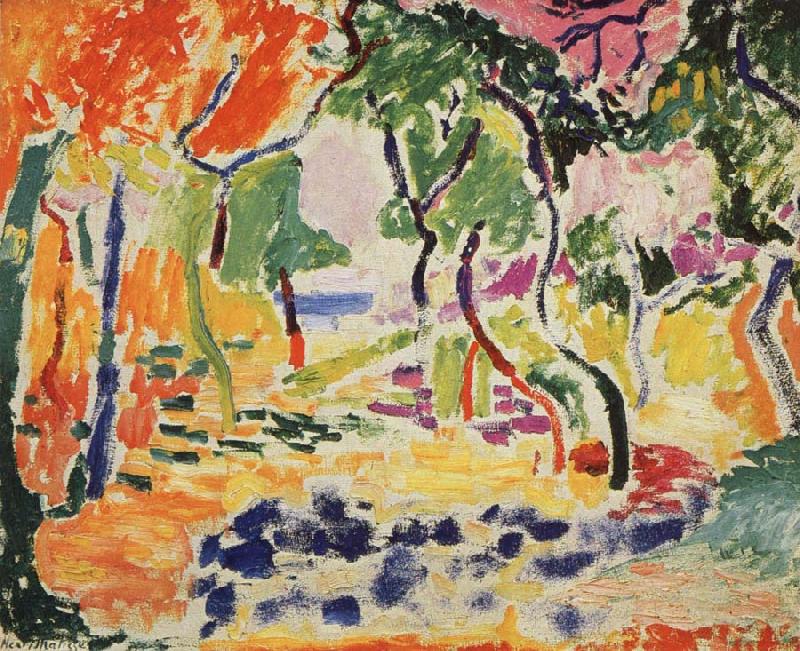
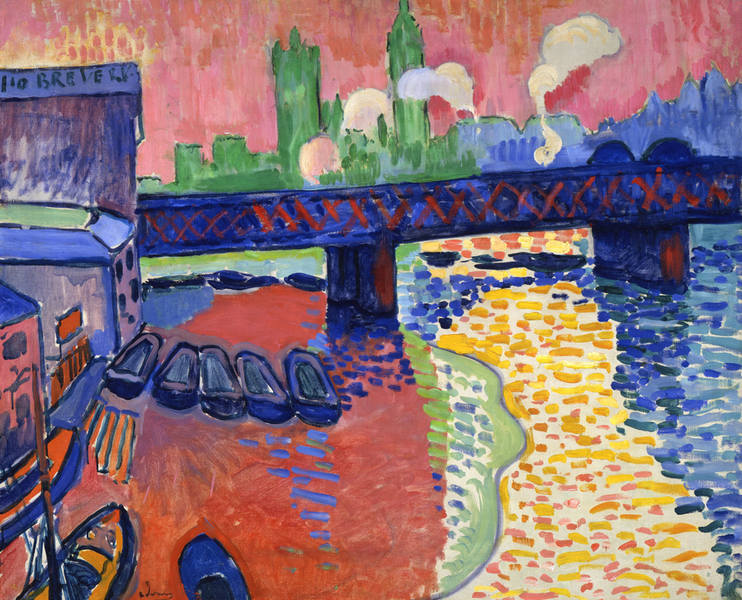


Subscribe to:
Comments (Atom)
